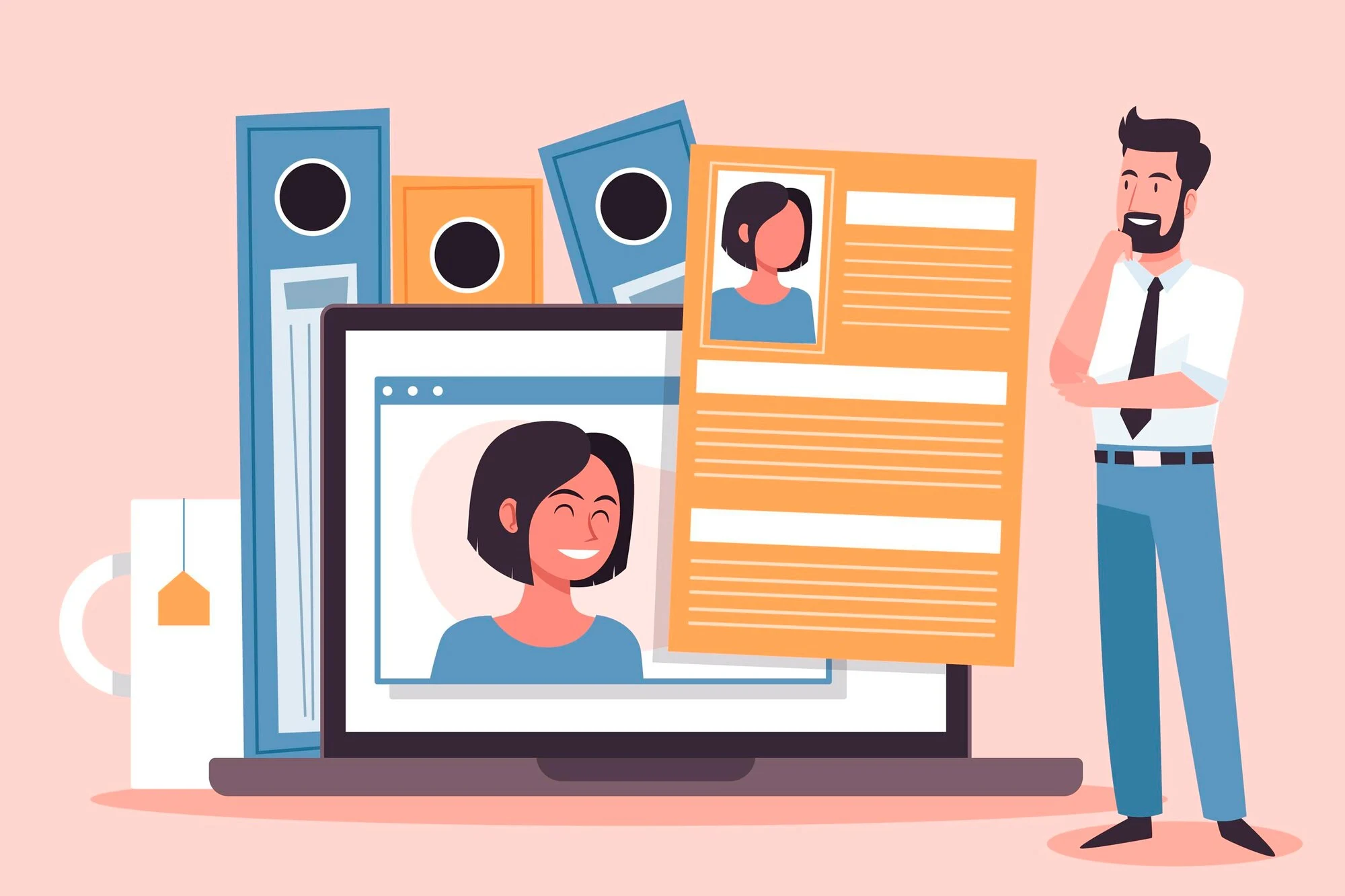Your teen’s first job interview will likely be a jitter-inducing experience. LLUXXALL helps him prepare by teaching him the essentials of good manners.
Teach him to look at the interviewer when speaking and avoid distractions such as slouching, fidgeting and playing with hair or jewelry.
Have him review his resume to know the details inside and out. Remind him that interviewers will ask about the strengths he lists on his resume, so he should weave those into his answers.
1. Arrive on Time
When you have an interview, remember that you only have a few minutes to win the people there over. This begins with your teen’s appearance and how he interacts with the interviewers.
Have him dress appropriately for the job, which means guys should wear khaki pants and a collared shirt and girls should wear a skirt or dresses. Body language also says a lot, so tell him not to cross his arms or slouch in the chair and to make eye contact when talking with the interviewers.
He should know what he will answer when interviewers ask them questions like “what are your strengths and weaknesses?” and “what do you think of this company?” Download our list of first job interview questions to practice with him.
2. Dress Properly
Teens who want summer or part-time jobs need to impress employers with their appearance and demeanor. They may not need a professional business suit, but they should wear nice pants or skirt and a shirt or blouse that is free of stains and wrinkles.
Encourage your teen to give a firm handshake and make eye contact, say their name clearly (not in a slang voice), and avoid negative comments about previous employment. Teach them to ask for a business card so they can send a thank-you note within 24 hours.
3. Ask What to Expect
Your teen should ask about the typical interview process. This will help them prepare. For example, they may find that the employer expects a list of references and that there will be questions about how available they are to work, their extracurricular activities, school, etc.
Teach them to give a firm handshake and state their name, make eye contact, be positive, and avoid negative comments about a previous employer or coworker. They should also prepare answers to common interview questions and practice with you or another friend.
Avoid nervous tics, such as rubbing the arm or jiggling a pen during an interview. This can be distracting and make the interviewer feel uncomfortable.
4. Be Polite
Help your teen determine 2-3 key ideas they want to communicate during their interview. This will help them focus their answers and ensure they are covering all of the bases.
Encourage them to avoid nervous tics such as crossing their arms, rubbing their face or fidgeting with their hands. These habits can distract the interviewer and make them appear unprofessional.
They should also avoid using slang and street talk during the interview. These types of language are inappropriate in most professional settings. It’s best for them to speak clearly and slowly.
5. Be Prepared
Some of the basics such as giving a firm handshake, making eye contact and stating one’s name may seem like common sense but are often neglected. Teens who want to practice these actions and feel confident and at ease throughout the interview process should take etiquette classes.
They should also be prepared to answer questions regarding their strengths and weaknesses. It helps if they come up with their own answers to these questions rather than using phrases like “yeah, kind of” or “umm, yeah.”
It’s also important that your teen knows how many hours they are available to work and notifies the interviewer of any other commitments (such as school, extracurricular activities, etc.).
6. Don’t Bring Your Phone
Teens must go alone to an interview bringing friends and parents can hurt their chances of getting the job. It’s also important that they power down their phone and don’t text or call their friends before or after the interview.
Teach your teen to practice and prepare for the questions that will be asked during an interview, and how to answer them in a way that shows they are enthusiastic about the position.
Also, help them to focus on their strengths that are related to the position, rather than mentioning weaknesses that could affect their performance on the job.
7. Thank the Interviewer
In today’s society of full-blown texting machines, it’s important for teens to remember that it’s rude to send a text while talking to someone face-to-face. Teach them to put their phones on silent and give the person in front of them their full attention.
While dress codes have become more relaxed in recent years, it doesn’t mean that your teen can show up for an interview wearing jeans and a hoodie.
Help them understand that it’s important to make a good first impression with their clothing. Lastly, help them prepare for the interviewer’s questions by coming up with a list of strengths and weaknesses they can talk about.






